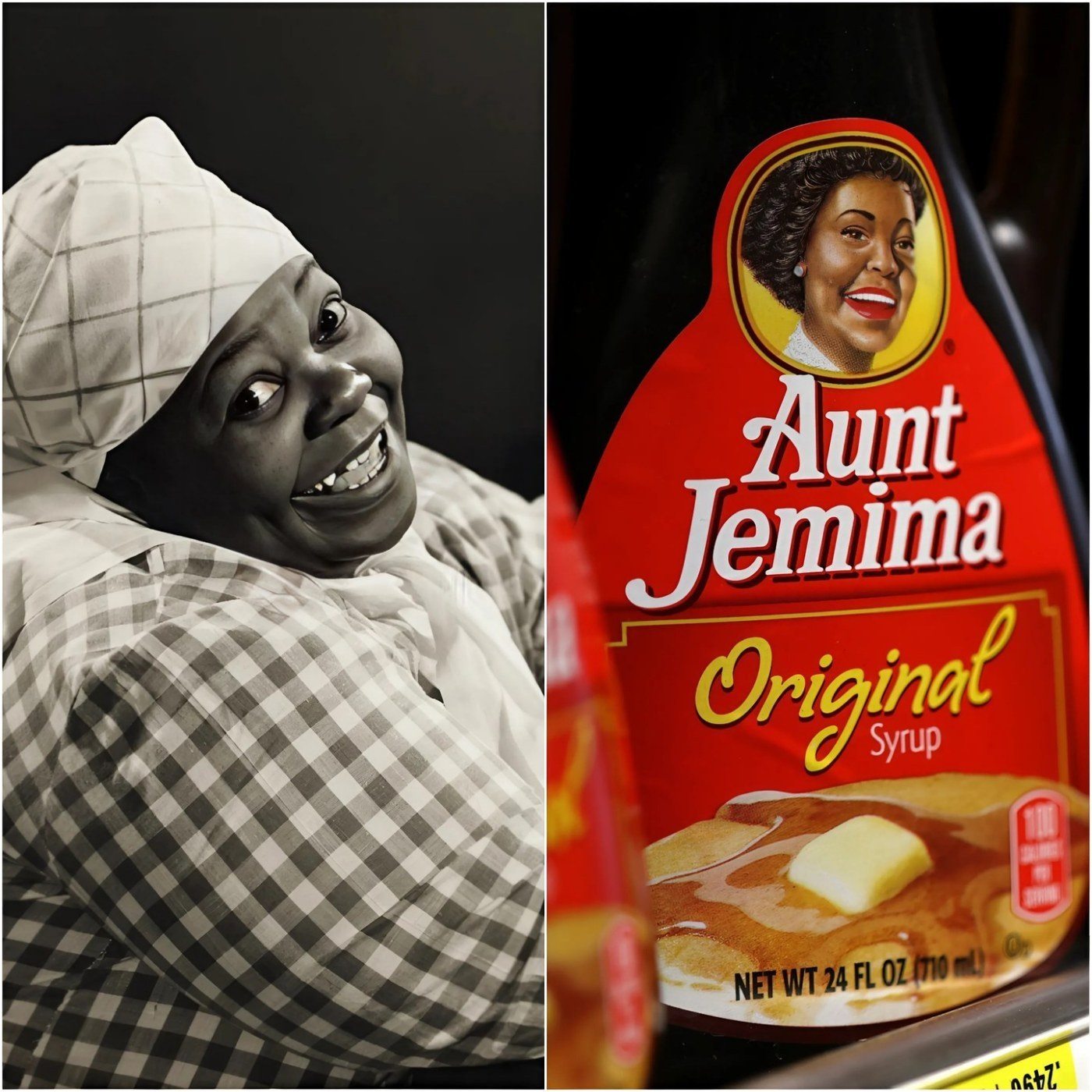In a surprising turn of events, Quaker Oats has decided to bring back Aunt Jemima, the iconic brand that the company retired in 2020 to address concerns about racial stereotyping. The decision comes after enduring customer backlash that refused to die down, with vocal fans arguing that breakfast simply “wasn’t the same” without the familiar face of Aunt Jemima on their syrup bottles and pancake mixes.
“For many of our customers, Aunt Jemima represents a legacy of shared family moments and nostalgia,” said a Quaker Oats spokesperson in the announcement. “We heard from countless consumers who expressed a deep connection to the brand. So, after careful consideration, we’ve decided to bring Aunt Jemima back.”
In an attempt to address cultural sensitivities, Quaker Oats rebranded Aunt Jemima as “Pearl Milling Company” in 2020. The move was intended to honor the heritage of the product while shedding any potentially offensive associations with its original mascot. However, Pearl Milling Company didn’t seem to inspire the same love as Aunt Jemima. Sales reportedly took a hit, and social media was rife with complaints from customers lamenting the loss of the brand they’d grown up with.
Fans of Aunt Jemima took to Twitter, Instagram, and other platforms to vent their frustrations. Comments like, “Bring back Aunt Jemima, breakfast doesn’t feel the same without her,” and “No one asked for this change!” flooded Quaker Oats’ social media pages. For many consumers, the shift felt like an erasure of their morning ritual, leading some to call for a boycott of Quaker products altogether.
Quaker Oats’ initial decision to retire Aunt Jemima was part of a larger movement by brands across the country to re-evaluate mascots and logos with potentially problematic origins. But what the company perhaps didn’t anticipate was the degree of sentimental attachment many people had to the character. Aunt Jemima wasn’t just a syrup bottle for some consumers; she was a symbol of warm, nostalgic mornings, of tradition and family gatherings. The name change to Pearl Milling Company, while more historically accurate, felt cold and corporate to those accustomed to Aunt Jemima’s presence on the breakfast table.
In response to the nostalgia-driven backlash, Quaker Oats hinted at plans to bring back Aunt Jemima with a “modernized” look that seeks to balance consumer sentiment with the company’s dedication to cultural awareness.
“We’re committed to honoring our customers’ memories without compromising on our values of respect and inclusivity,” explained the spokesperson. “Our goal is to modernize Aunt Jemima in a way that celebrates tradition while moving forward.”
According to insiders, Quaker Oats has been working on a reimagined Aunt Jemima logo that keeps her recognizable image while updating her look. This updated logo aims to be less rooted in caricature, focusing instead on a respectful portrayal of Aunt Jemima that still resonates with customers who see her as a familiar face in their kitchens.
Early design concepts suggest that the new Aunt Jemima may have a fresh look that reflects today’s values while still feeling like a nod to the past. Whether this balance will be enough to satisfy both sides of the debate remains to be seen.
As news of Aunt Jemima’s return spread, social media erupted with responses from customers who couldn’t be more thrilled. “Finally! Breakfast is about to taste like it used to,” one Twitter user posted. Others shared photos of their old Aunt Jemima bottles they had kept as keepsakes, ready to pass them down as a family tradition.
Quaker Oats’ announcement also generated its share of controversy. Some critics argue that the company’s decision to bring back Aunt Jemima undermines its initial commitment to cultural sensitivity. “This just shows how easily companies bow to customer pressure, even when they make statements about social responsibility,” said one online commentator. Another added, “If you’re going to retire something for a reason, stick to it.”
For its part, Quaker Oats defended its choice, emphasizing that its priority is to serve the needs and wishes of its customers while evolving alongside them. “Our decision is rooted in our desire to connect with our customers while moving forward responsibly,” said the company spokesperson.
While Aunt Jemima’s revival has undoubtedly pleased many nostalgic customers, it raises questions about how brands can walk the line between honoring tradition and responding to the calls for cultural change. Quaker Oats is far from the only company that has struggled to balance these interests; brands across America are wrestling with similar issues, from mascots to marketing campaigns.
Some branding experts see Quaker Oats’ decision as a testament to the power of nostalgia in consumer culture. “This is a perfect example of how deep a brand’s identity can go,” said branding analyst Jenna Crawford. “For many people, brands like Aunt Jemima are more than just products—they’re part of a lifetime of memories.”
Ultimately, Aunt Jemima’s return may highlight a unique paradox of modern branding: as companies strive to stay current with social issues, they’re also tethered to their customers’ emotional connections with the past. Quaker Oats’ willingness to bring back a reimagined Aunt Jemima shows the company’s desire to embrace that paradox rather than shy away from it.
Whether or not this move will win back every customer is unclear, but for now, Aunt Jemima’s return to the breakfast aisle signals that in a world constantly moving forward, there are still some symbols from the past that resonate too deeply to be left behind.
And for those customers who felt Aunt Jemima was simply irreplaceable, breakfast may soon taste a little sweeter.
